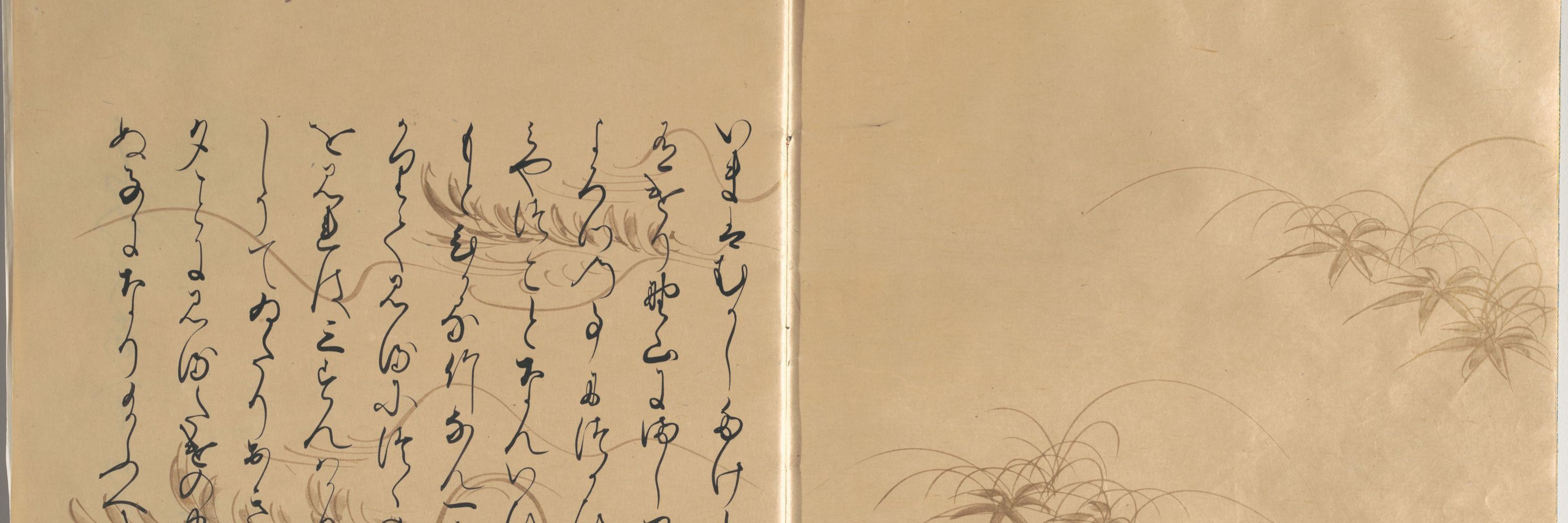
Tomasz (Ma)ksymil(ian) Majtczak
@ksymil.bsky.social
Working on Old & Classical Japanese, historical grammar of Japanese, sometimes also Yiddish or Old Turkic; interested in historical linguistics and etymology.
📍 Kraków, Poland
🔗 https://sites.google.com/site/hublshpener
📍 Kraków, Poland
🔗 https://sites.google.com/site/hublshpener
Reposted by Tomasz (Ma)ksymil(ian) Majtczak
The number of English words from one Late Latin word is ridiculous 😆

November 11, 2025 at 6:16 PM
The number of English words from one Late Latin word is ridiculous 😆
Reposted by Tomasz (Ma)ksymil(ian) Majtczak
Already in Old High German, 'furi' (> für) could mean both "before" and "for", while 'fora' (> vor) meant "before, against". The modern distinction in German seems to be partly artifical, but I don't know enough about the development of the German standard language.
In Old Dutch, there were ... 1/
In Old Dutch, there were ... 1/
November 10, 2025 at 9:12 AM
Already in Old High German, 'furi' (> für) could mean both "before" and "for", while 'fora' (> vor) meant "before, against". The modern distinction in German seems to be partly artifical, but I don't know enough about the development of the German standard language.
In Old Dutch, there were ... 1/
In Old Dutch, there were ... 1/
A question for @yvanspijk.bsky.social, I think.
November 10, 2025 at 9:04 AM
A question for @yvanspijk.bsky.social, I think.
This is the reason why in old prints you can find German phrases like:
‹für und nach der Geburt Christi› (before [not: for!] and after the birth of Christ)
Modestin Fachs, Probier Büchlein…, Leipzig 1595
data.onb.ac.at/rep/10934315
🔚
‹für und nach der Geburt Christi› (before [not: for!] and after the birth of Christ)
Modestin Fachs, Probier Büchlein…, Leipzig 1595
data.onb.ac.at/rep/10934315
🔚

November 9, 2025 at 10:01 PM
This is the reason why in old prints you can find German phrases like:
‹für und nach der Geburt Christi› (before [not: for!] and after the birth of Christ)
Modestin Fachs, Probier Büchlein…, Leipzig 1595
data.onb.ac.at/rep/10934315
🔚
‹für und nach der Geburt Christi› (before [not: for!] and after the birth of Christ)
Modestin Fachs, Probier Büchlein…, Leipzig 1595
data.onb.ac.at/rep/10934315
🔚
In any case, the ambiguity of this preposition is not an exclusively Yiddish invention. It also took place in Early New High German, and continued there until the 18th c, when the grammarians finally straightened up the confusion of ‹für› and ‹vor›.
www.dwds.de/wb/etymwb/f%...
❺
www.dwds.de/wb/etymwb/f%...
❺

›für‹ in: Etymologisches Wörterbuch des Deutschen
DWDS – Digitales Wörterbuch der deutschen Sprache
www.dwds.de
November 9, 2025 at 9:48 PM
In any case, the ambiguity of this preposition is not an exclusively Yiddish invention. It also took place in Early New High German, and continued there until the 18th c, when the grammarians finally straightened up the confusion of ‹für› and ‹vor›.
www.dwds.de/wb/etymwb/f%...
❺
www.dwds.de/wb/etymwb/f%...
❺
In the accompanying footnote it is already correct:
‹dzieci nie powinny umrzeć przed rodzicami› (children should not die before their parents)
Well, the editors did not acquit themselves very honourably here.
(I. L. Perec, Wybór opowiadań, Ossolineum 1958, Biblioteka Narodowa II 114)
❹
‹dzieci nie powinny umrzeć przed rodzicami› (children should not die before their parents)
Well, the editors did not acquit themselves very honourably here.
(I. L. Perec, Wybór opowiadań, Ossolineum 1958, Biblioteka Narodowa II 114)
❹

November 9, 2025 at 9:43 PM
In the accompanying footnote it is already correct:
‹dzieci nie powinny umrzeć przed rodzicami› (children should not die before their parents)
Well, the editors did not acquit themselves very honourably here.
(I. L. Perec, Wybór opowiadań, Ossolineum 1958, Biblioteka Narodowa II 114)
❹
‹dzieci nie powinny umrzeć przed rodzicami› (children should not die before their parents)
Well, the editors did not acquit themselves very honourably here.
(I. L. Perec, Wybór opowiadań, Ossolineum 1958, Biblioteka Narodowa II 114)
❹
It does not make much sense here – parents should certainly die before their children. It must of course read:
for (= because of) their children,
with reference to Deut. 24:16.
❸
for (= because of) their children,
with reference to Deut. 24:16.
❸
November 9, 2025 at 9:41 PM
It does not make much sense here – parents should certainly die before their children. It must of course read:
for (= because of) their children,
with reference to Deut. 24:16.
❸
for (= because of) their children,
with reference to Deut. 24:16.
❸
E.g., in the Polish translation of Peretz’s short story “Iber a shmek tabak” Anna Dresnerowa has:
‹i nie uśmierci się rodziców ᴘʀᴢᴇᴅ ich dziećmi› (and the parents shall not be put to death ʙᴇꜰᴏʀᴇ their children).
❷
‹i nie uśmierci się rodziców ᴘʀᴢᴇᴅ ich dziećmi› (and the parents shall not be put to death ʙᴇꜰᴏʀᴇ their children).
❷

November 9, 2025 at 9:40 PM
E.g., in the Polish translation of Peretz’s short story “Iber a shmek tabak” Anna Dresnerowa has:
‹i nie uśmierci się rodziców ᴘʀᴢᴇᴅ ich dziećmi› (and the parents shall not be put to death ʙᴇꜰᴏʀᴇ their children).
❷
‹i nie uśmierci się rodziców ᴘʀᴢᴇᴅ ich dziećmi› (and the parents shall not be put to death ʙᴇꜰᴏʀᴇ their children).
❷
Die Menschheit ist zum Mond geflogen...
Tja, machen einen Joghurtdeckel, der nicht beim Öffnen in der Mitte durchrisse, können wir auch noch nicht.
Tja, machen einen Joghurtdeckel, der nicht beim Öffnen in der Mitte durchrisse, können wir auch noch nicht.
November 5, 2025 at 12:19 AM
Die Menschheit ist zum Mond geflogen...
Tja, machen einen Joghurtdeckel, der nicht beim Öffnen in der Mitte durchrisse, können wir auch noch nicht.
Tja, machen einen Joghurtdeckel, der nicht beim Öffnen in der Mitte durchrisse, können wir auch noch nicht.

